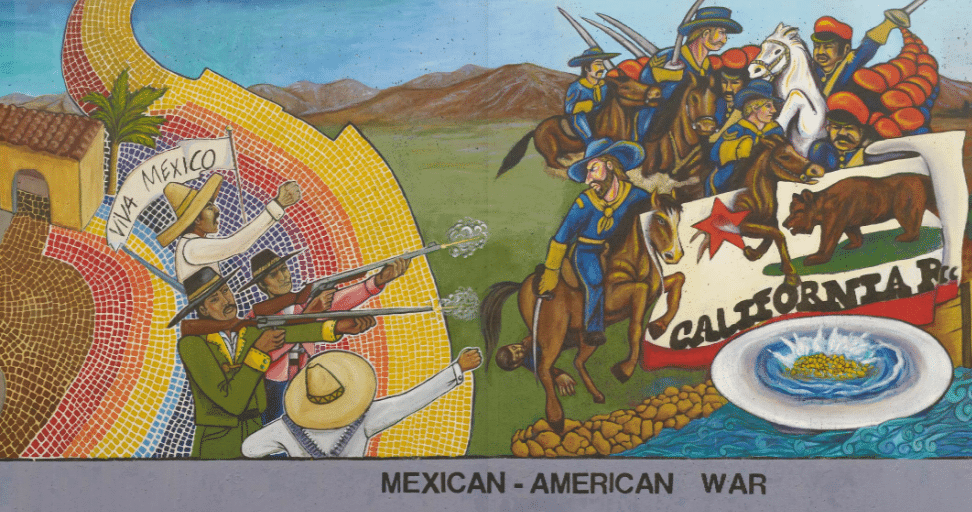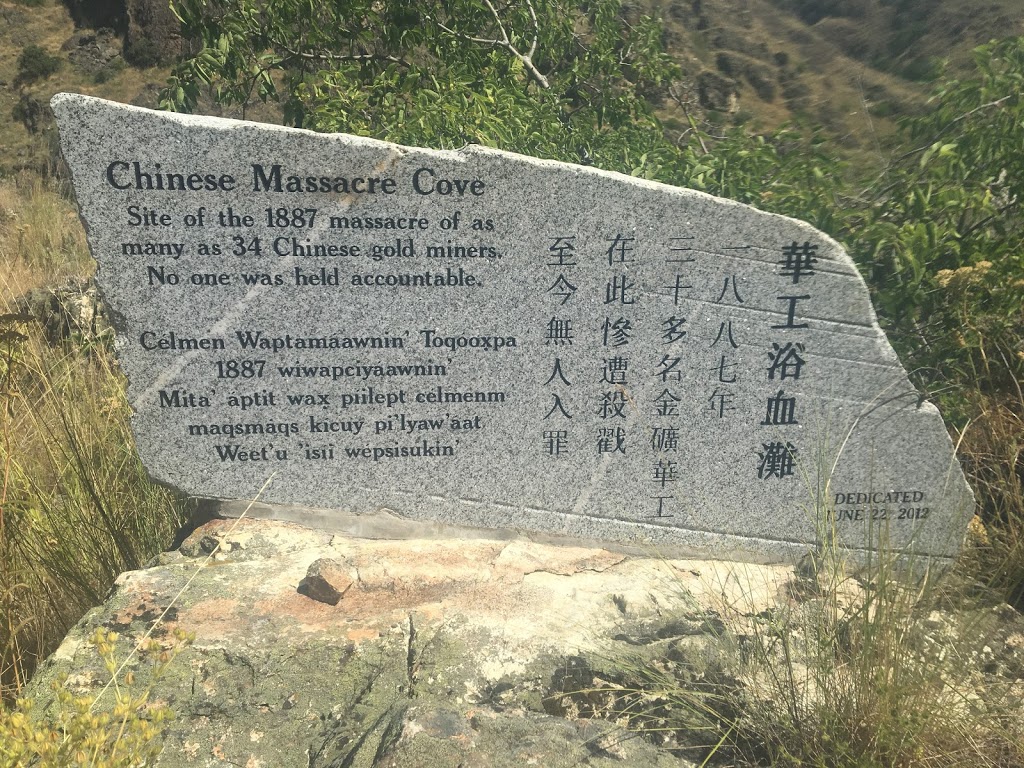The history of California was already thousands of years old by the time Europeans came to stay in 1769. Long after the first Indigenous people made California their home, their descendants numbered in the hundreds of thousands and lived in hundreds of densely settled independent nations. Colonizing newcomers of European descent found Native Californians thriving in a world of abundance and relative peace, but the colonizers did not mean to leave California as they found it. In a relatively short period of time — just an instant in the long sweep of human history in the United States — they violently undid the work of generations of Native Californians. — Dr. Khal Schneider, from the Introductory Essay to the lesson
This lesson, part of the Smithsonian’s National Museum of the American Indian Native Knowledge 360° initiative, provides primary sources, maps, images, and background history to offer teachers and students insight into a little-known but important aspect of one of the most iconic events in U.S. history — the California gold rush.
Students will analyze sources to answer the question: Do American actions against California Native Americans during the gold rush meet the United Nations definition of genocide?
Download the lesson and find instructions, additional resources, maps and visuals, and more at the Smithsonian’s National Museum of the American Indian.













Twitter
Google plus
LinkedIn